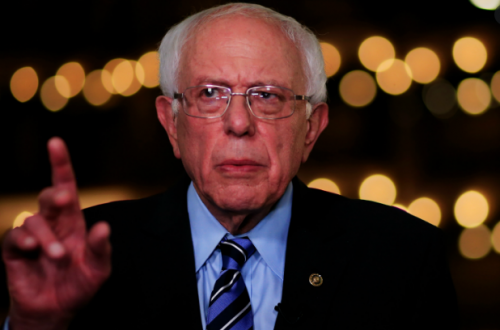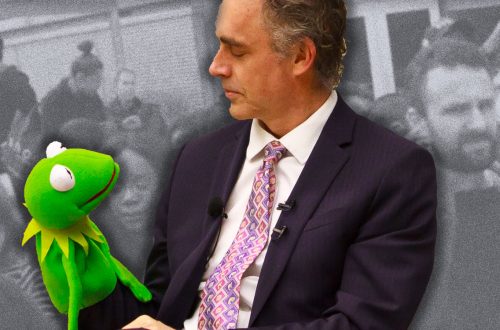Yesterday in our first Reader’s View, Richard argued that Tony Blair had become a liability and that it was time for his supporters to put aside sentiment and for the pro-war left to also seperate the questions of the rightness of the war and the suitability of Blair as Labour leader.
In the Guardian Martin Kettle argues that Changing the Leader Won’t Solve Labour’s Problems.
Surely the issue surely hangs on whether there is a better alternative, whether a change would make a difference and whether the process of a leadership change itself would harm or benefit the party’s chances in the next election.
Kettle is not convinced that turning to the only alternative avaliable at the moment would bring many positive benefits:
[S}ince there is only one quick fix seriously on offer, it needs to be said that a change of leader would not get the government out of its problems. The leadership question is certainly worth asking: Blair has been found wanting for many months, not only over Iraq. But, as a matter of record, I encounter surprisingly few people, given Blair’s failings, who believe that Gordon Brown would be a better leader, or would follow significantly different policies on the big issues, or would be a better vote- winner. Bear this in mind: the weekend NOP poll suggested that Brown as prime minister would be worth just two more points to Labour. And that’s in a poll taken at a time when Blair’s ratings are at their lowest ever.
No, this is Labour’s crisis, not Blair’s alone.
I think Richard was right to highlight the almost emotional attachment that some of us on the pro-war left have for Blair at the moment. It is a very peculiar situation because I have never counted myself as a Blairite, far from it. Indeed I have long preferred Brown’s rhetoric to that of Blair’s, without every being entirely convinced that he would represent a substantial shift to the left.
But I can’t escape the feeling that it would be a blow to see Blair fall over one issue where he happened to be brave, strong, committed and above all right.
Both Richard and Kettle are right that the decision should be a hard-headed one which focuses on the main issue – winning the next election.
Sure it would be nice if there were some vibrant and popular left alternative to both Blair and Brown. But there isn’t. Those of us who are drifting around in that ill-defined space somewhere to the left of New Labour (while steering well clear of the poseurs of the ultra-left) are not in a position to make any impact on the situation.
There is no radical left in Britain with a serious alternative programme, no credible alternative leader outside of the ranks of Labour’s current helmsmen. After suffering defeat after defeat for over 20 years, what passes itself off for a left has become just a destructive and bitter leftover.
This overwhelmingly middle-class liberal left, who are the vanguard of the current campaign against Blair, symbolise Cynical Britain. Rather than carefully challenge the assumptions behind New Labour, rather than offer a serious alternative programme, for the past decade they have contented themselves with snide and smug oppositionalism – no wonder Labour are worried they are going to start voting Lib Dem.
Not that they are without influence. As well as making up a good chunk of the liberal media, they have been able to get backbench Labour MP’s nervously twitching whenever they get upset. Look at the issues they have rebelled over – tuition fees, Iraq and Fox Hunting. That should tell you something about the priorities and the character of this oppositionalist left. All those issues were matters which enraged sections of the liberal middle classes. Where have been the rebellions about issues that effect the poor or the more traditional ‘working class’?
The Stoppers didn’t emerge out of thin air. Their attitude, their nihilistic rejection of serious politics, has been born out of the middle-class left’s defeated and defeatist politics.
And is not rather worrying that this section of opinion are so enthusiastic about regime change within the Labour Party while remaining unconcerned about the potential consequences or the need for a credible alternative?
Worrying yes but hardly surprising.


